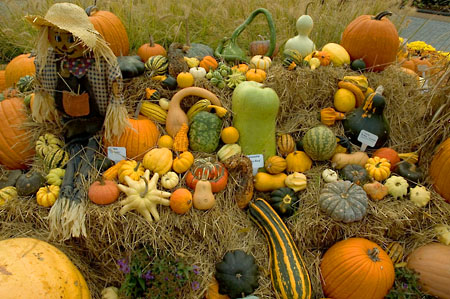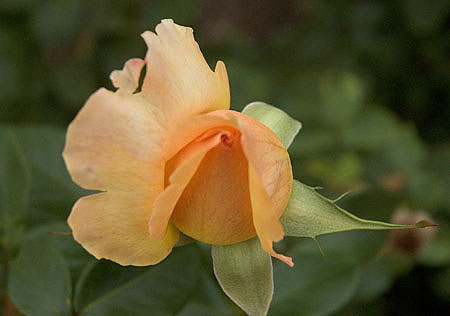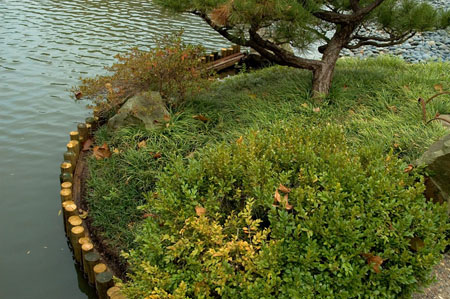Recovered from the Wayback Machine
In the comments to Frank’s post at the Kitchen, Barbie Baywatch (Sherry), writer of Stay of Execution, wrote about attending the Pop!Tech conference, and how there was one woman presenting out of 30 presenters. She also details the experience in her weblog .
Since yesterday afternoon I’ve been pretty troubled by a pattern emerging from the speakers. First of all, our speakers this year are overwhelminly male – only one of 30 is a woman. This wasn’t intentional, but feels worse now that the program has begun. Because the male speakers have had a bunch to say about women, and I’m getting really depressed. I’m desperately wanting to see some strong women onstage (there are some really cool ones in the audience) but that’s not to be. As the program shaped out we as a group noticed that the speakers and performers were overwhelmingly white and male, and our program director worked to shift that, but didn’t make it a central factor in inviting folks.
I can’t help thinking that if gender or gender issues were featured prominately in this conference, this would become a central factor driving out the invitations. As it is now, you have a guy standing up at the front of this room talking about alpha male chimp behavior, and another about how we’re not having enough babies. If Sherry was depressed, two guesses as to how I would be reacting – and the first doesn’t count.
Interesting, but from her comments it would seem that of the ten women who were invited, nine had to decline. But then, if several men also declined, and they still managed to get 29 men, this shows that the conference issued several times more invitations to male speakers than women. Perhaps if all these conferences wouldn’t invite the same ten women, they might get more acceptances. Or gosh, be daring and maybe even invite eleven. Or even go all the way and invite twenty!
One weblog that responded to Sherry was Anthony Citrano who says that we shouldn’t be angry – after all, true inequality exists in Saudi Arabia. He also wrote:
What I want is a world where men and women have equal opportunity and (of course) equal rights – but we all need to realize that our gender differences are as special as our interpersonal differences. Men and women have very different physiological/psychological skills, desires, and priorities. They are fundamental, they are the reason we are all here, without them the species would have died off long ago. Now, to appreciate our biological differences does not mean we should be limited or trapped by them. We must accept our limbic differences – we cannot change them – while also growing upon them and using this fancy new cortex we grew recently. Men & women operate from very different perspectives, are generally better at some things than the other gender, and prioritize very differently.
Getting respect. Paid equally. Getting respect. Having access to opportunities. Getting respect. Receiving invitations to speak. Getting respect. Control over our reproduction. Freedom from stereotypes. Choice of roles and vocations. Did I happen to mention, getting respect? Now, which part of these is specific to men, and which specific to women? In what way are our priorities different?
Or is the male/female thing role dependent, and why don’t we all face it: technology is a guy thing. So is politics. But women make great nurses – so compassionate.
The topic of “Where are the Women” is featured the last day of the Kitchen: How to Cook a Weblog clinic (on November 5th), which also features the topic weblogging ethics among others. Should be a smash ending.
A must-read writing on Pop!Tech by Mary Hodder:
Oh wait, again. A speaker just announced that for Poptech 2005, Caroline Porco, Dame Julia Pollock, and some space ship guy have agreed to speak. Well, they just doubled the number of women from one to two, at least in announced speakers for next year over this year. Bravo. But I think they need to work a little harder to reframe the world as both masculine and feminine, in order to even attract women, because who wants to speak at an all male party, were the world is framed in male dominated power structures? It’s demoralizing. It’s like a liberal going to a conservative party. The liberal will never be taken seriously there because everything will be on conservative terms.









